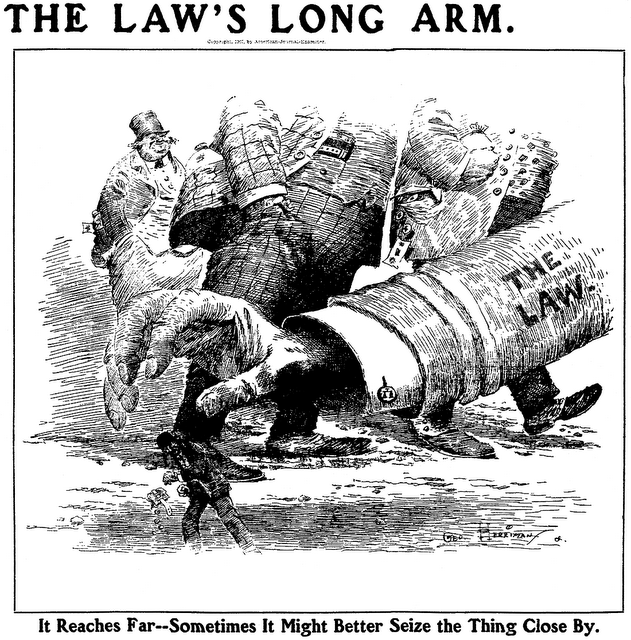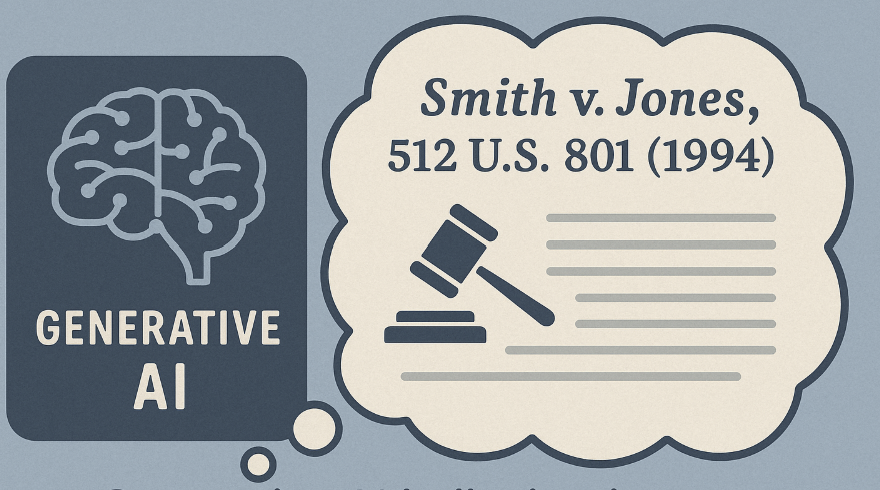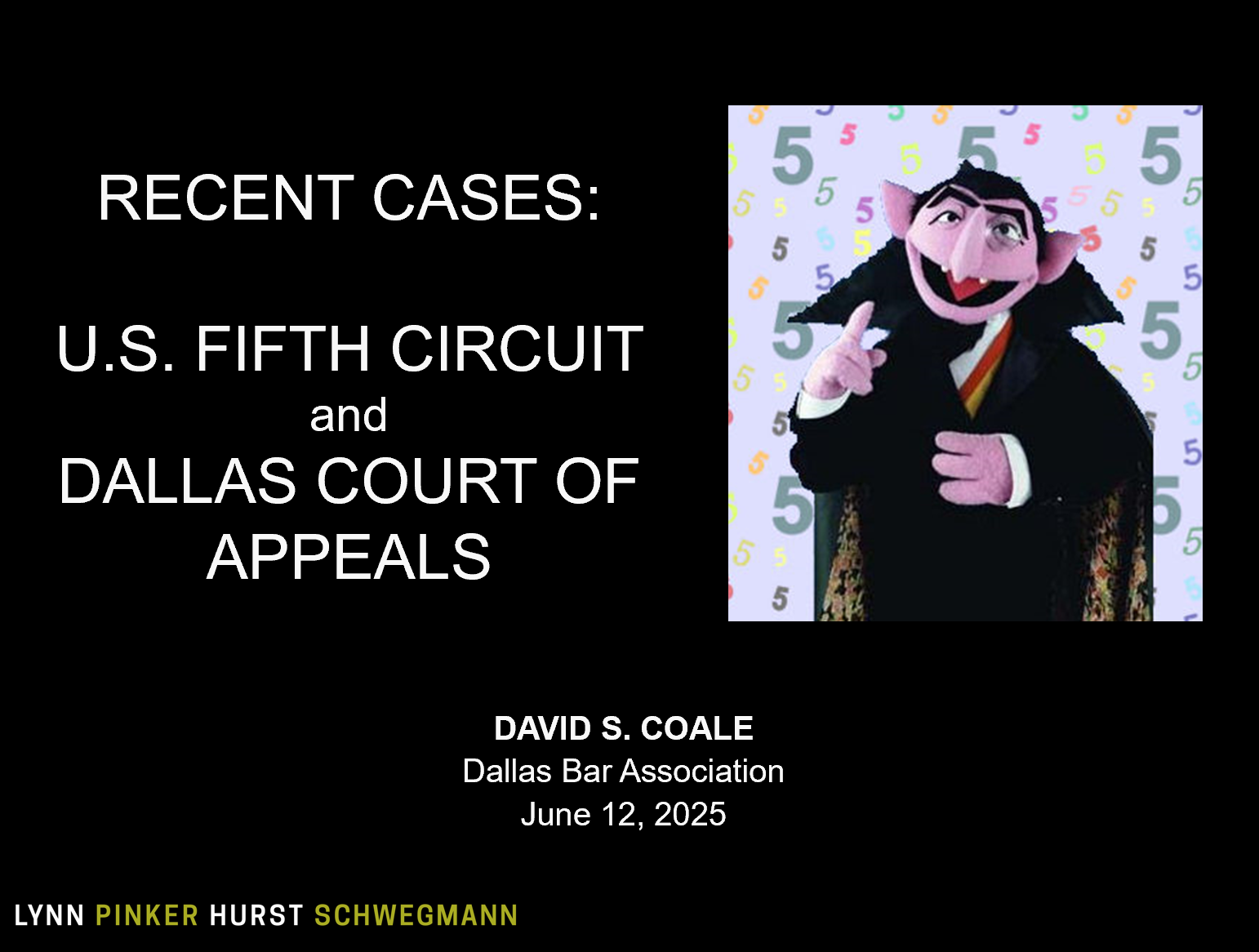In Texas Corn Producers v. U.S. EPA, the EPA disputed the plaintiffs’ standing; among its arguments it “counters that automakers might respond to the inflated CAFE stringency in four different ways—not all of which decrease gasoline demand. Thus, EPA contends, the petitioners’ alleged injury is too speculative to support Article III standing.”
The Fifth Circuit expressed skepticism, noting that this argument was not consistent with the purpose of the challenged regulation in the first instance: “But EPA misses the forest for the trees. Indeed, reducing fuel demand is the core purpose of the CAFE standards. As NHTSA explained in its latest CAFE rulemaking, the current standards are estimated to ‘reduce gasoline consumption by 64 billion gallons relative to reference baseline levels for passenger cars and light trucks … through calendar year 2050.’ If EPA additionally increases CAFE stringency through the backdoor, then gasoline consumption will predictably fall even further.” No. 24-60209 (June 24, 2025) (footnote omitted, emphasis in original).









